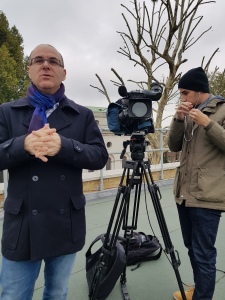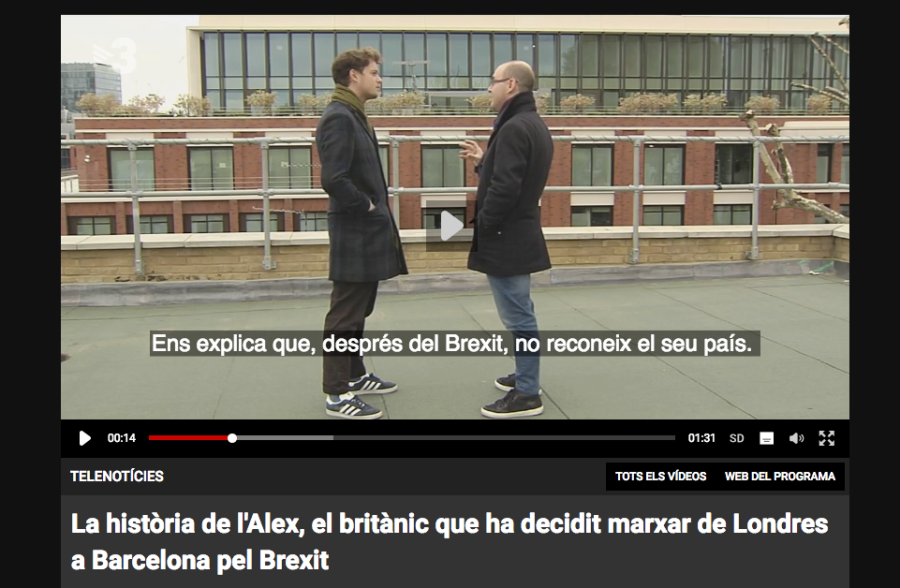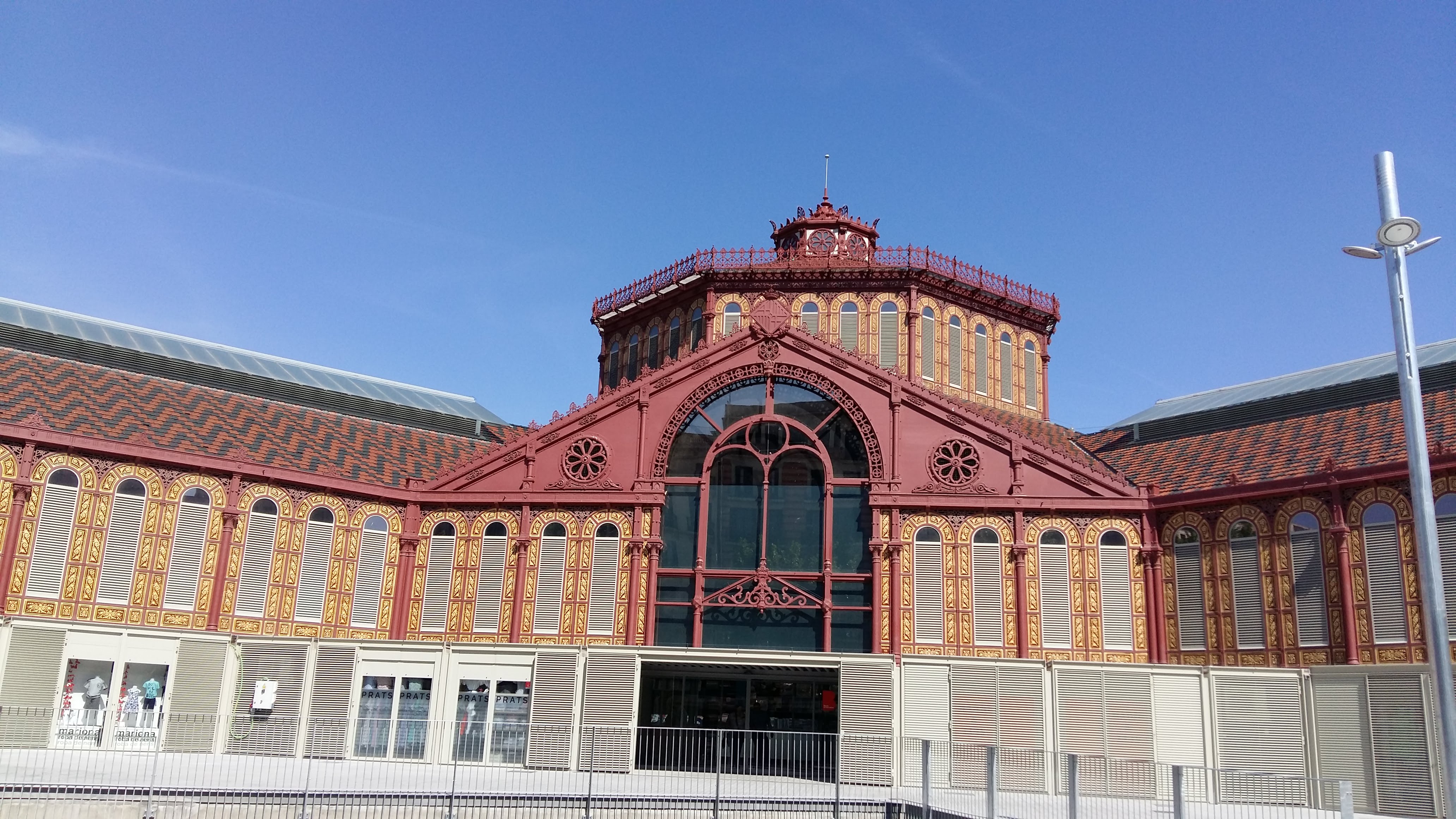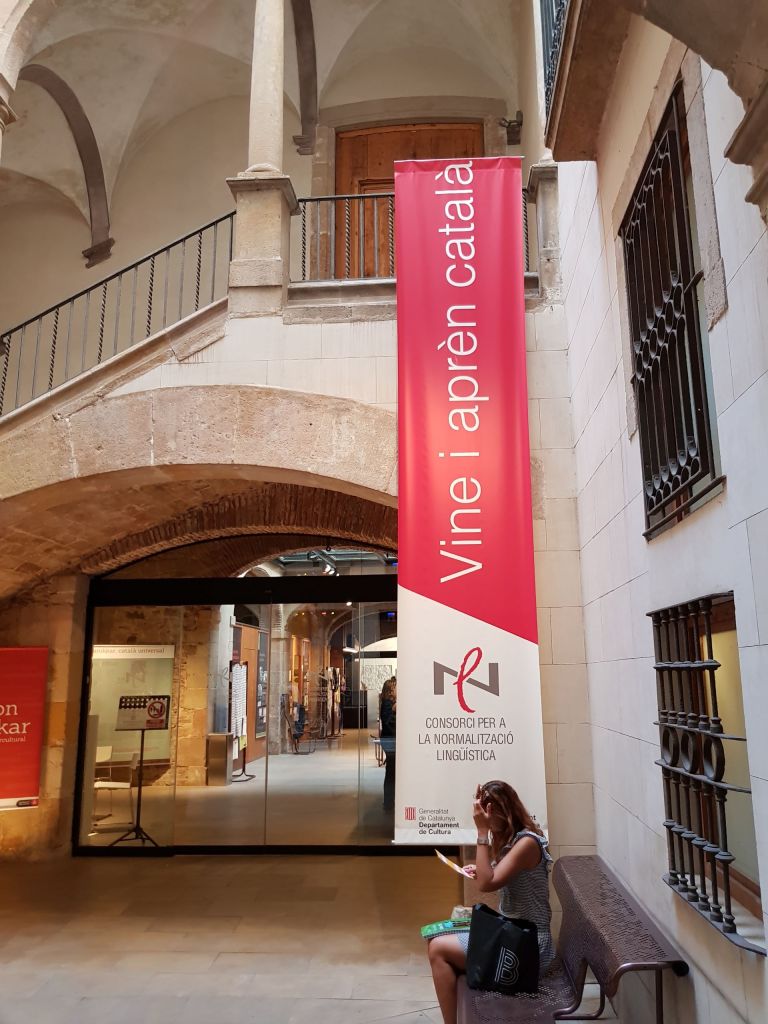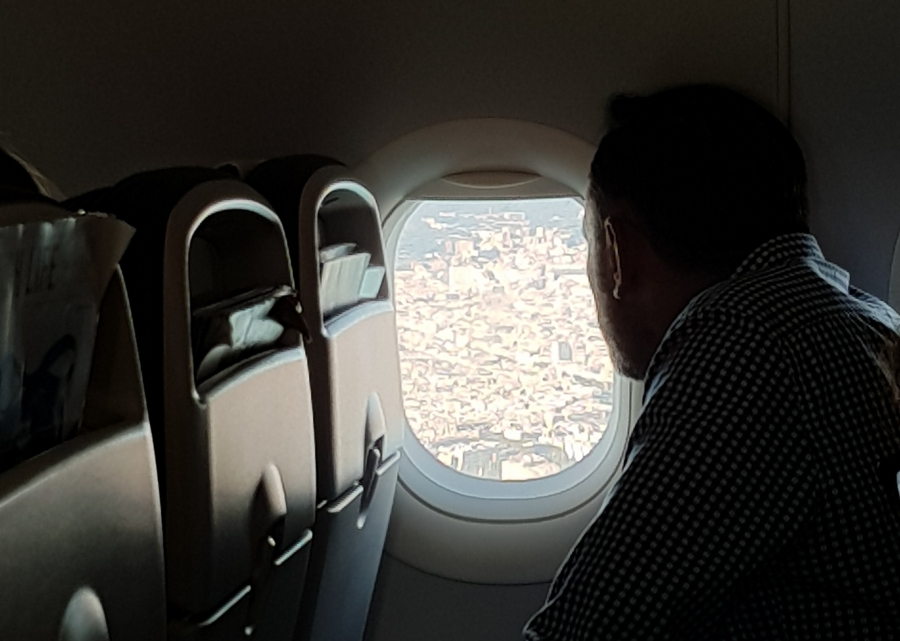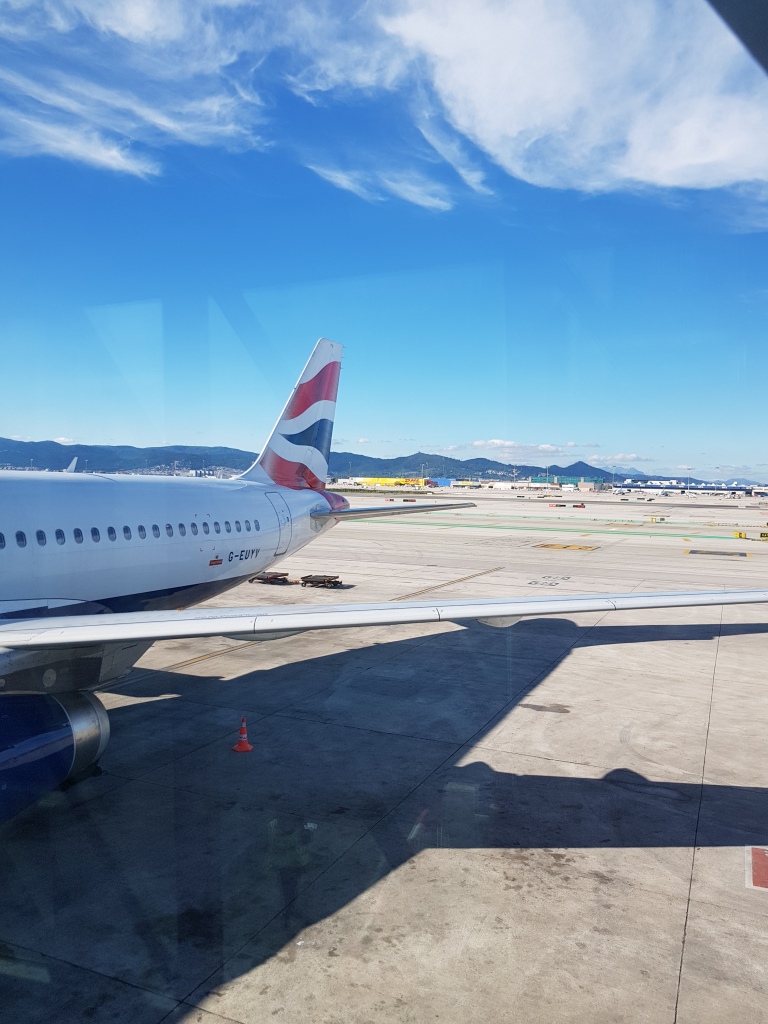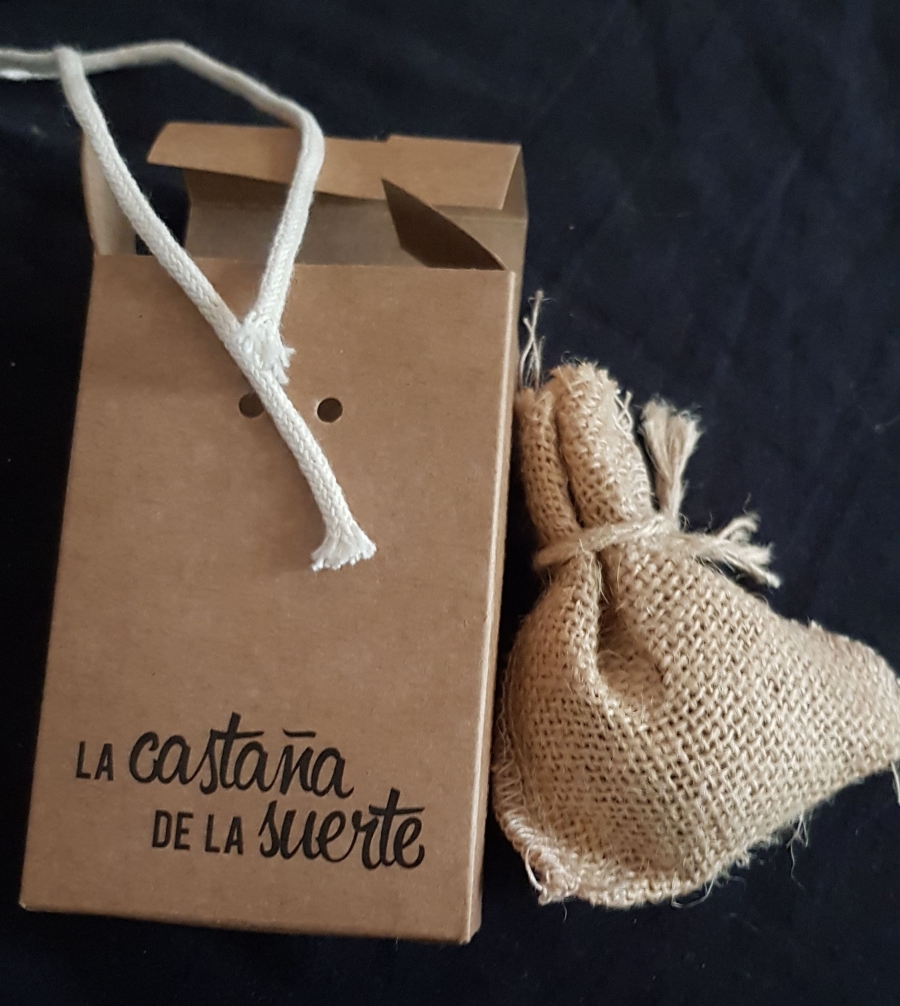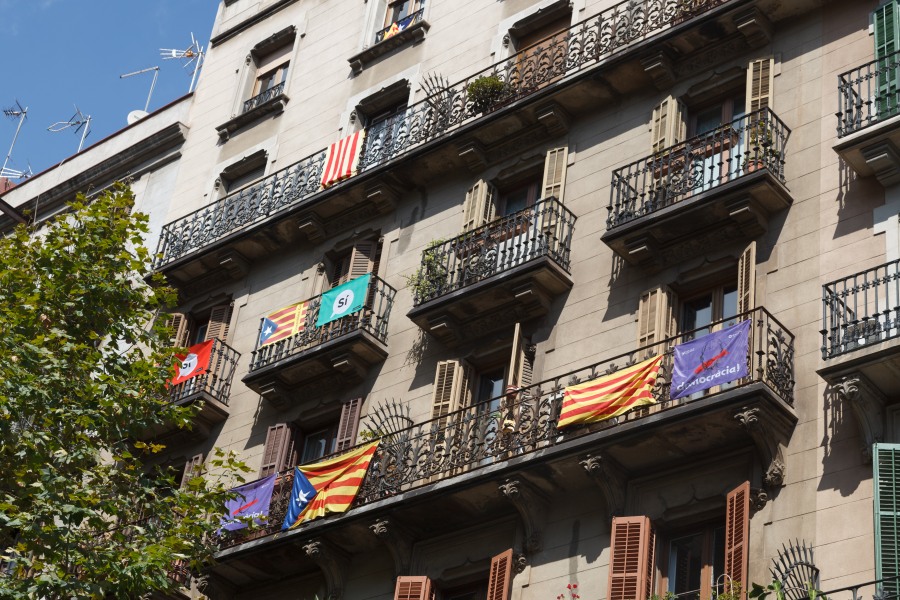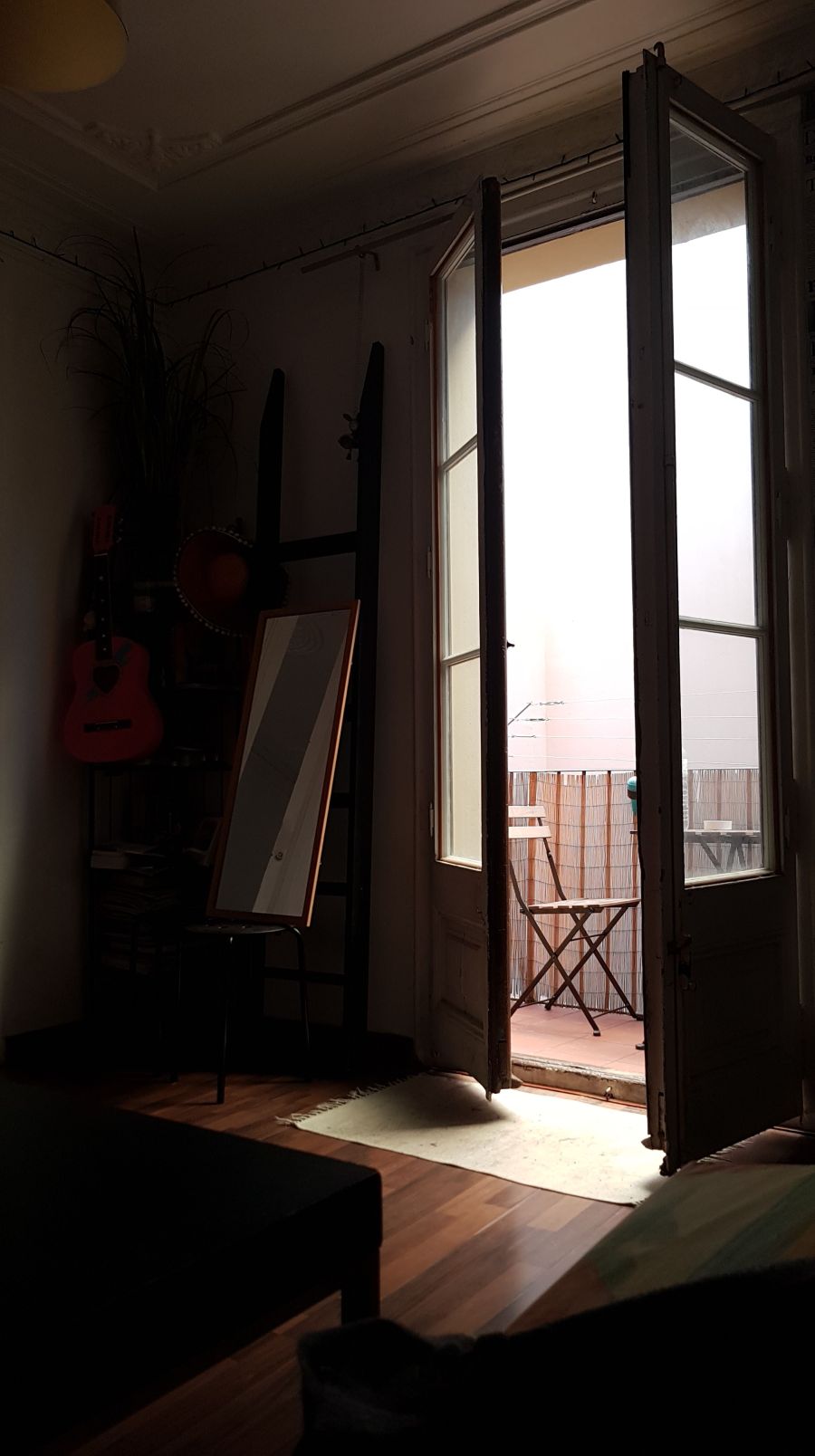Just over a month into my Barcelona experience, one night I found myself up late, panicking.
Had this all been an enormous mistake, I wondered? Should I really have just quit my job in London, packed a suitcase and left like that? Was I actually going to end up living under that bridge in Sants with those junkies and their eyebrow piercings and mysterious French accents?
Later, when discussing this with a friend over a beer, she reassured me this was a normal part of the so-called ‘ex-pat cycle’. The best way to deal with it was just to stay strong, keep focused on your projects, and turn over and go back to sleep.
Hindsight is a beautiful thing. Instead, I did possibly the worst thing I could have done in that situation. I spent hours trawling through job adverts on Linkedin, and sending out mass applications to all sorts of unheard of companies.
In the morning when I woke up, it all felt like some kind of a dream. Until I checked my emails. To my horror, I’d started receiving some replies. I’d even been invited to a handful of interviews.
As I sipped my café amb llet that morning and began to think about what to do next, I realised there was only one thing I could do. I was going to go.
A few days later, I turned up sleep deprived and stressed in a small town outside of Barcelona, looking for what could turn out to be the next few years of my life. It was easy to spot the building. It was the only one that was not daubed with pro-independence banners and Catalan flags. I knocked, and went in.
The job had been advertised in English. My communications with the HR manager had also all been entirely in English. I’d also found out that the CEO was from the UK. So after meeting him, exchanging some pleasantries, and making our way to the meeting room, I was completely floored when he told me that we would be conducting the interview in Spanish.
Why wouldn’t we conduct the interview in Spanish? We were in Spain – sort of – and I’d put down on my CV that I spoke Spanish.
I do speak Spanish. It’s one of my more advanced languages after spending so much time in Spain before, and having some truly outstanding teachers at school. People tell me I express myself well in Spanish. Yet in that interview, I felt like a shadow of myself.
All of my defence mechanisms were gone. As I tried to talk my sceptical interviewers through my scattered and chaotic CV, explaining why, after years of moving from place to place and trying all manner of different jobs, I was now the perfect candidate to start a lifelong career with their company, all I was able to do was produce vaguely coherent sentences.
Gone was the colour. Gone were the wordplays. Gone – effectively – was my personality.
As I made my way back into the city afterwards, I realised I’d never been in that position before. I had only ever worked in my native language, English, within an English speaking environment. I’d never had to suffer the frustration of not understanding nuances in a meeting, or not being able to express an idea. I’d always been completely free to be me.
For my old colleagues back in London, however, it was another story. At my last employer, when I started I was one of just a handful of native English speakers at the company. While everybody else’s English always sounded extraordinarily good to me, I realised that for everything they were saying, there was probably so much that they weren’t saying. That they couldn’t say. Inevitably, that must have translated into fewer opportunities, much frustration, and perhaps even feelings of inadequacy at times.
I remember when one person started working with me, she was incredibly worried about her English. At first, she would stop mid-sentence, ask whether she’d made any mistakes, correct her pronunciation, and sometimes do everything to avoid finishing the sentence. Later, when we became close friends, she told me: “I wish you could get to know who I really am in my own language!”
Perhaps the greatest privilege of all is knowing that if I don’t want to, I never have to be in that situation. I can go back to my own country at any time, and I’ll probably find a good job where I can speak my native language all day and am never expected to do anything else.
For those from countries in the south of Europe where jobs are scarce or barely more than glorified slave labour, that choice is not always as easy. They are forced to head north, to try to integrate into cultural environments that are not familiar to them. To use language that they didn’t grow up with. To constantly struggle with their native speaker colleagues, who did nothing in their lives bar being born in the so-called “right place” at the right time.
As I reflected and watched the Catalan landscape gliding by against the backdrop of the setting winter sun, a man entered the train carriage. He began to distribute cards to all of the passengers. On them, he had written in huge letters: “TENGO HAMBRE! TINC FAM! I’M HUNGRY! ICH HABE HUNGER!”
Privilege, it seemed, was the theme of the day.
